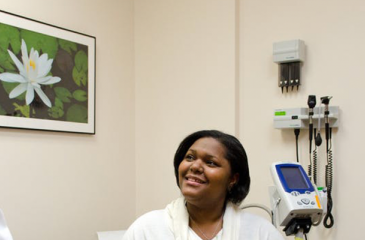The University of Minnesota Community-University Health Care Center (CUHCC) is introducing a fresh approach to doctor-patient interactions.
Narrative health, which is gaining momentum around the country, is a model that encourages physicians to look beyond test and lab results and become better listeners by sharing personal stories
The power of providers being vulnerable and opening up can elicit that same reaction from patients. It’s giving a little to get a little.
“Doctors are taught to rely on the test to tell the story,” said EmmaLee Pallai, Education Manager at CUHCC, in an interview with the Star Tribune.
“What is lost is the listening. If you have diabetes, you need insulin. If you have any interactions with humans, you need to know how to listen. The narrative approach allows doctors and patients together to create the rapport to get the story. They have the luxury of time and the luxury of the patient taking the time,” she continued.
Narrative health is not a new concept, but Pallai believes that it is a practice that's been lost. However, she sees progress at the center which sees roughly 12,000 patients annually, most from minority and low-income households.
Pallai is training health science students this method as part of her mission to improve trust between future medical professionals and their patients.
"The better relationship you have with your patient, the more likely they are to come see you,” Pallai said. “We’re keeping patients out of the emergency room.”



